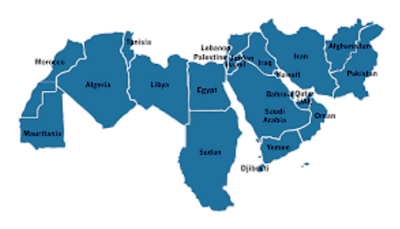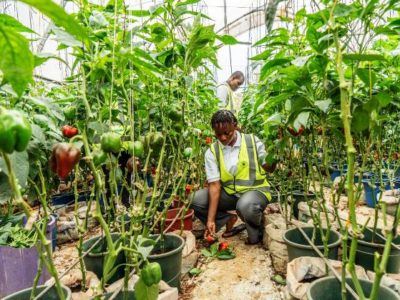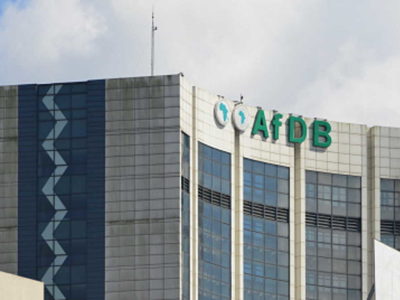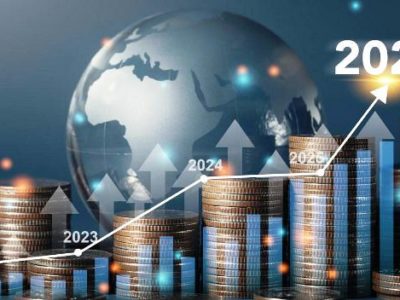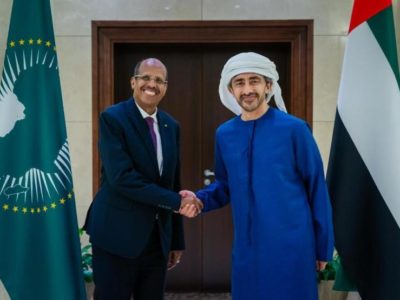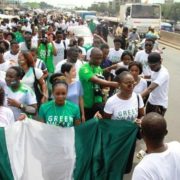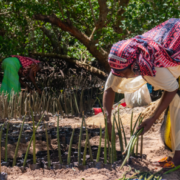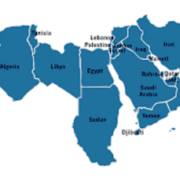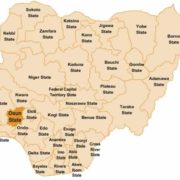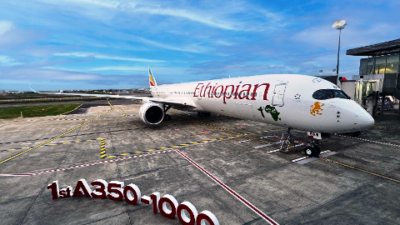As the world grapples with a perfect storm of climate change, conflicts, economic uncertainties, Alvaro Lario, President of the UN’s International Fund for Agricultural Development (IFAD) urges business and world leaders to “invest in rural areas to tackle poverty, hunger and inequalities as a pathway to global stability.” As he heads to the annual World Economic Forum in Davos which starts on Monday, he draws attention to the three billion people who live in rural areas where hunger and poverty are most entrenched and are dependent on rural economies.
“Forced migration, food price inflation and accelerating climate change are all warning signs of a fragmented world that profoundly threatens stability and food security,” warned Lario. “All of these challenges can be addressed by investments in rural areas that provide decent jobs for young people, stabilize the global food supply and help small-scale producers adapt to our changing climate. I call on leaders at Davos – especially governments, private investors and innovators – to invest funding, know-how and technologies in pursuit of a more shared prosperity that will benefit us all.”
Reducing poverty through economic growth in agriculture
Estimates show that economic growth in agriculture is two to three times more effective at reducing poverty than growth generated in other sectors. The rising demand for diversified food driven by a growing world population and changing consumption patterns for more diversified and sophisticated foods in developing countries opens up immense opportunities for small-scale farmers, small agri-food businesses and rural populations.
Yet, investments in agriculture and rural development have been neglected over the years despite the returns it can bring in terms of food security, growth and stability. Official Development Assistance (ODA) to agricultural development has been stagnant at just 4-6 per cent of total ODA, far from answering growing needs, in particular as climate change requires urgent farmer’s adaptation. Small-scale farmers who produce one third of the world’s food currently receive only US$5 billion per year in climate finance – less than 1 per cent of the global total – while their needs are broadly estimated at US$75 billion per year.
IFAD leveraging partnerships to reimagine growth for the rural poor
“At IFAD, we’re leveraging partnerships with businesses, governments, and innovators to reimagine growth for the rural poor. But we must work together as no one can solve global challenges alone,” emphasised Lario. “We must harness the intelligent age to ensure emergent technologies are accessible to all, especially the world’s poorest. Letting them fall even further behind risks global development and increases the risk of hunger and conflict everywhere.”
IFAD is developing solutions to attract private sector investments and engagement in rural development and agriculture. For example, it is the first UN specialised agency, except for the World Bank, to receive a credit rating and issue sustainable bonds. Since, IFAD raised more than US$720 million from global pension funds or life insurers to benefit the world’s poorest.
IFAD is also looking at ways to bring digital technologies including artificial intelligence (AI), e-wallets, drone, or blockchain through properly tailored services and tools to small-scale farmers and rural populations. For example, through the Moonshots for Development initiative, IFAD is supporting a small start-up in Kenya which provides vital AI services to alert farmers of an infestation and provide advice to address.
Food inflation is a pressing issue for most developing countries
Nearly 700 million people worldwide live in extreme poverty with less than US$2.15 per person per day and three quarters of the world’s poorest live in the rural areas of developing countries today. Food inflation has become a pressing issue for most developing countries. About 735 million people suffer from hunger and more than 3 billion people cannot afford a healthy diet. About 1.7 billion people – 20 per cent of the global population – still live in high-inequality economies.
IFAD more than 45 years of experience show investments in agriculture and rural economies can change people’s lives. Between 2019-2021, IFAD investments improved the incomes of 77 million people and improved the food security of another 57 million.


